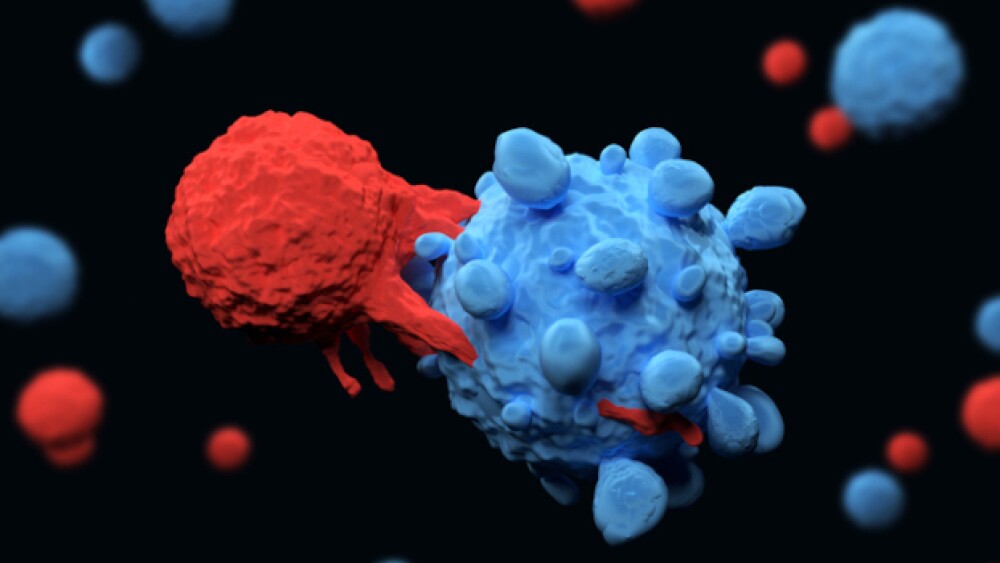Oxford, UK – 19 November 2008: Oxford BioMedica (LSE: OXB), a leading gene therapy company, announced today promising additional results from the low-dose cohort of patients in the Phase I/II trial of its novel gene therapy, ProSavin, for the treatment of Parkinson’s disease. The three patients in this cohort showed improved motor function, as measured by the Unified Parkinson’s Disease Rating Score (UPDRS) in the ‘off’ state, of an average of 30% at six months.
The robust safety profile of ProSavin has been maintained at six months with no evidence of adverse events or immunologic reactions to the treatment. In addition, all patients showed improvement in Quality of Life, as measured by the industry-standard PDQ-39 questionnaire, at six months.
The three patients that received the low dose of ProSavin demonstrated improvements in their UPDRS motor ‘off’ scores in the range of 10-50% after six months. This score measures the degree of mobility in the absence of standard of care dopaminergic therapies. One patient showed an improvement of up to 50% at six months, which was an increase from the three-month assessment, and another patient maintained an improvement of 30%. One patient showed an improvement of 10% at the six-month assessment compared to 23% at three months, although this patient’s score may have been affected by adjustments to his L-DOPA ‘equivalent’ therapy.
The clinical evaluation of the high dose of ProSavin is progressing. There have been no safety issues to date and the preliminary data from the first patient treated at the high dose are promising.
The principal investigator for the trial, Professor Stéphane Palfi from the Henri Mondor Hospital in Paris, will include the six-month data in his presentation at the 38th Annual Meeting of the Society for Neuroscience in Washington DC, USA. The presentation will be given at 3.00pm (EST) on Wednesday, 19 November (session: Parkinson’s Disease Interventions in Animal Models and Humans; presentation title: A Phase I/II clinical trial for Parkinson’s disease using ProSavin).
Professor Palfi commented on the new data: “It is very encouraging that the early trend in benefit with the low dose of ProSavin has been maintained at six months. If the higher levels of efficacy are confirmed as the trial progresses, ProSavin would represent a fundamental new treatment option for patients with Parkinson’s disease.”
John Dawson, Chief Executive Officer of Oxford BioMedica, added: “We are delighted by the progress of the Phase I/II trial of ProSavin. We look forward to reporting data from the high-dose group in the first half of 2009. Given the potential opportunity for ProSavin to address the unmet need in Parkinson’s disease, we are advancing our discussions with potential partners with the aim of accelerating development and commercialisation of the product.”




